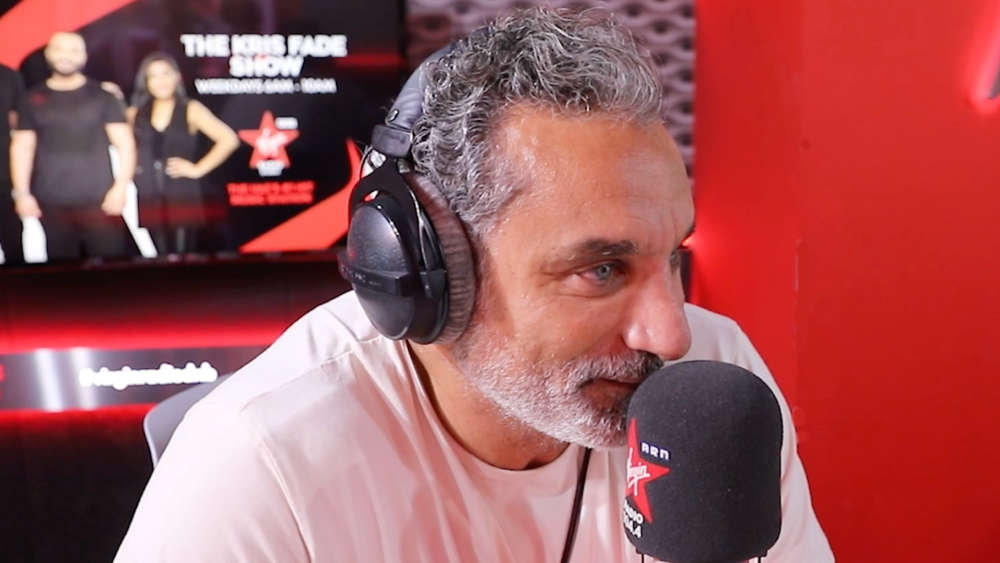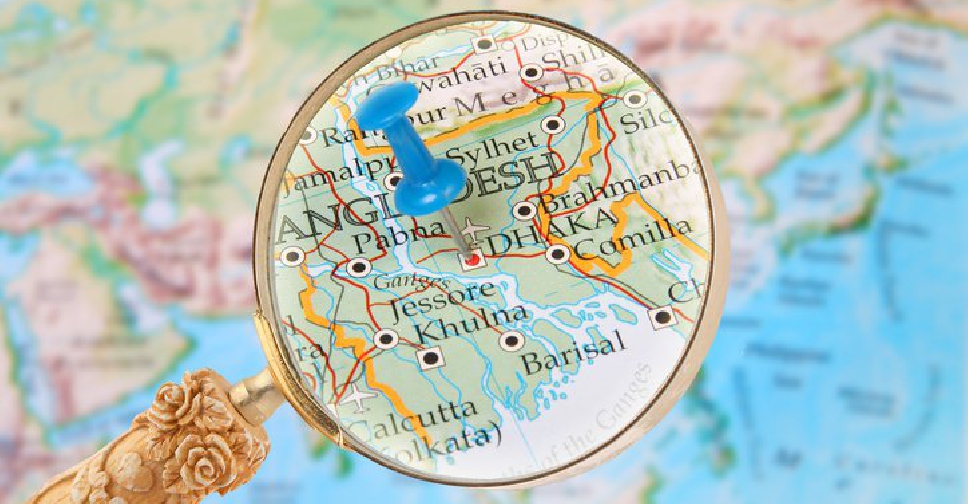
At least four people were shot dead and many injured on Saturday as police opened fire at workers demanding a pay rise at a Chinese-backed coal-fired power plant in southeastern Bangladesh, police said.
Police were forced to open fire when protesters attacked them at the under-construction power plant in Chittagong, local police official Azizul Islam told Reuters by from the location.
"Four died and many injured... We're trying to control the situation," Islam said, adding that at least six police personnel were also among the injured.
The $2.4-billion power plant, located 265 km (165 miles) southeast of the capital Dhaka, is a major source of foreign investment into Bangladesh, and one of a series of projects Beijing is pushing to cultivate closer ties with Dhaka.
In 2016, China’s SEPCOIII Electric Power Construction signed a deal with S Alam Group, a Bangladeshi conglomerate responsible for building construction at the site.
That year, four demonstrators opposing its construction were killed after villagers for and against the power plant clashed before riot police opened fire after coming under attack.




 UK's Starmer refuses to heed calls to quit over fallout from Epstein scandal
UK's Starmer refuses to heed calls to quit over fallout from Epstein scandal
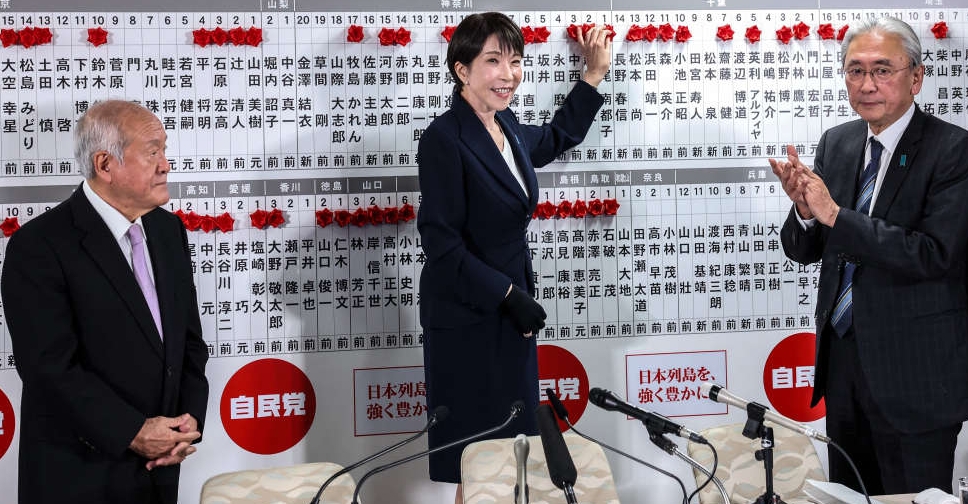 Japan's 'Iron Lady' Takaichi forges historic election win
Japan's 'Iron Lady' Takaichi forges historic election win
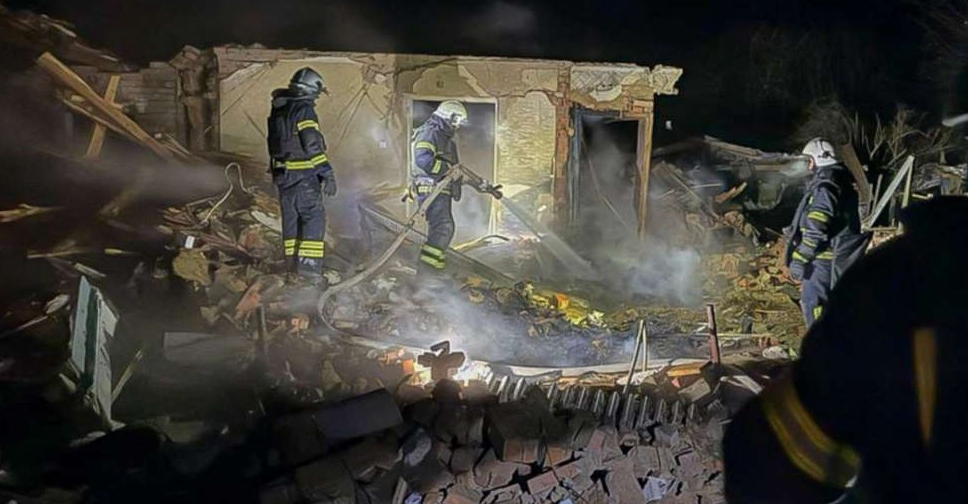 Russian drone attacks on Ukraine kill 4
Russian drone attacks on Ukraine kill 4
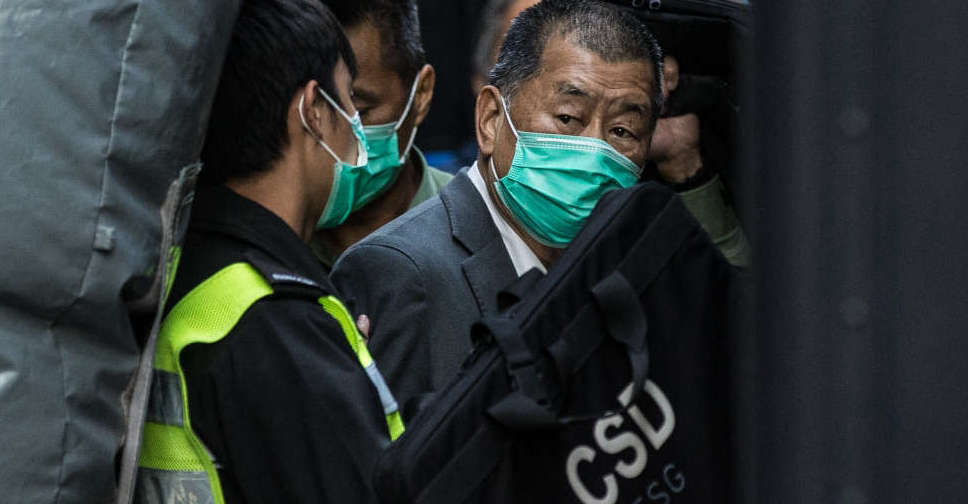 Hong Kong tycoon Jimmy Lai sentenced to 20 years in national security trial
Hong Kong tycoon Jimmy Lai sentenced to 20 years in national security trial
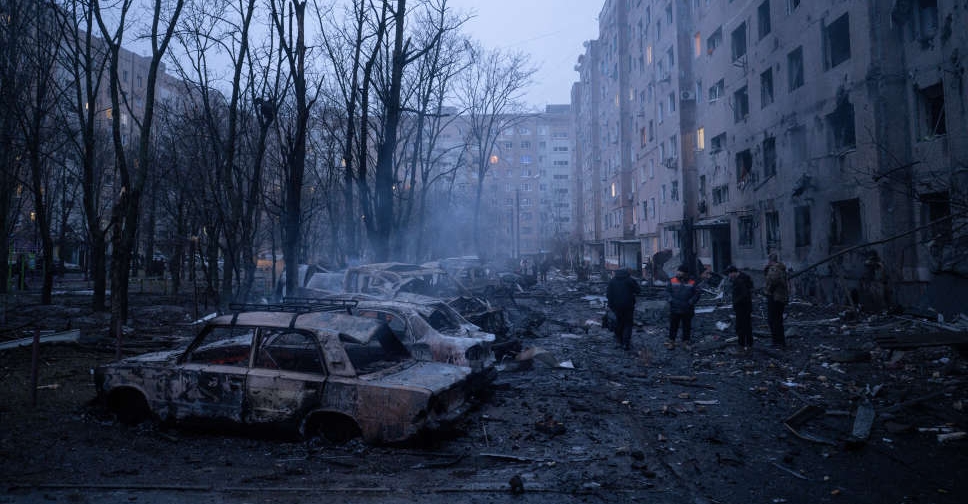 Ukraine urges acceleration of peace talks
Ukraine urges acceleration of peace talks



